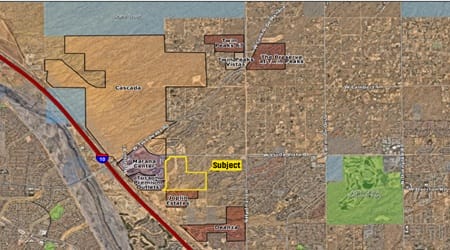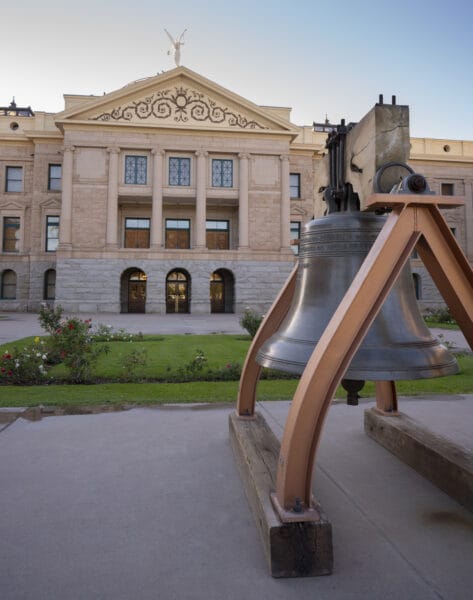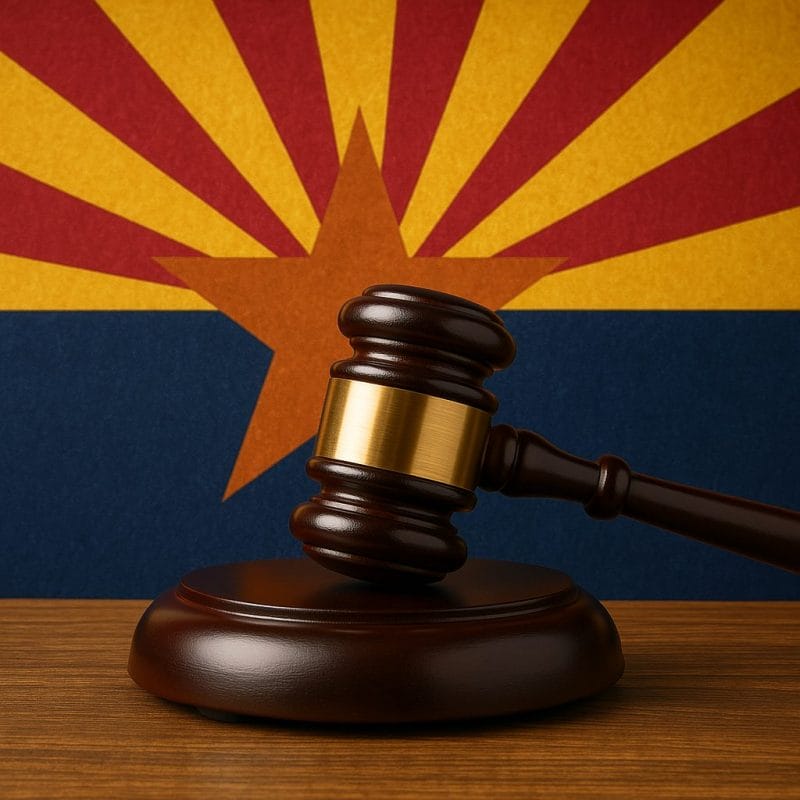
By Adam Trenk and Madelaine Bauer | Rose Law Group
After nearly a decade of flowering medical marijuana success, Arizona’s cannabis industry may reach a new high with the Smart & Safe Arizona Act (the “Act”). The Act is a ballot initiative that voters will weigh in on this coming November. If it passes, the legalization of recreational adult use of marijuana will come to fruition in Arizona following years of resistance. It will spawn a new industry that eager entrepreneurs will inevitably look to capitalize on, but there will be several obstacles to conquer before getting a taste of their own “American dream.”
The Act permits the establishment of approximately one hundred fifty recreational marijuana dispensaries, which equates to one for every ten pharmacies in the state and an additional twenty-six licenses to be granted through a Social Equity Program. Obtaining one of these licenses to grow and sell marijuana for recreational use will be no simple task.
The law that may govern the allocation of recreational marijuana establishment licenses can be found in the Act at Section 36-284. If the Act passes, the Arizona Department of Health Services (“ADHS”) will have to finalize rules for the application process, but what we know now is that they will accept early applications for recreational marijuana sales licenses from January 19, 2021 through March 9, 2021.
To qualify as an ”early applicant” you must either (a) seek to operate a marijuana establishment in a county with less than two registered nonprofit medical marijuana dispensaries, or (b) operate as a nonprofit medical marijuana dispensary registered in good standing. ADHS will then work to issue licenses to qualified early applicants within sixty days of receiving an application.
Although early applicants have an overwhelming advantage with the right of first distribution, those who are prepared for this new green rush will have a chance to get one of the remaining licenses.
ADHS will finalize the protocol for allocating these licenses after the Act passes, and then publicize the random selection process on its website at least sixty days before the application period opens. Applicants that apply for this round of licenses will be subject to certain investigations and background checks to authorize their eligibility before eligibility to receive such a valuable license is confirmed. To maximize one’s potential to get through the vetting process, entrepreneurs should start early to get their affairs in order.
ADHS will have discretion to deny applications. To avoid any potential mishaps, hopeful applicants should maintain a relationship with a qualified attorney with experience navigating the regulatory landscape surrounding the marijuana industry. The right guidance can make the difference for hopeful entrepreneurs to be entered into the lottery for available licenses.
If the Smart & Safe Arizona Act becomes law this coming November, it will open the doors to a new market with astonishing profit opportunities for entrepreneurs lucky enough to get their hands on a license.
Adam M. Trenk, Esq. is a Partner at Rose Law Group pc. He is the Chair of the Equine, Cannabis, and Hemp Law Departments. He advises clients on matters of Strategic Development, Contracts, Conflict Resolution, and Government Relations. He is an avid Horseman and active in the Equine Community. Adam Trenk sits on the Advisory Board for the Scottsdale Community College Equine Science Program. He served his community in Cave Creek as an Elected member of the Town Council from 2009 to 2011, and again as Vice Mayor 2013-2015. Adam Trenk can be contacted by email at ATrenk@RoseLawGroup.com or by phone at 602-402-3335. Like him on Facebook at www.facebook.com/EquineAttorneys. Follow him on Instagram @thelawhorse.








